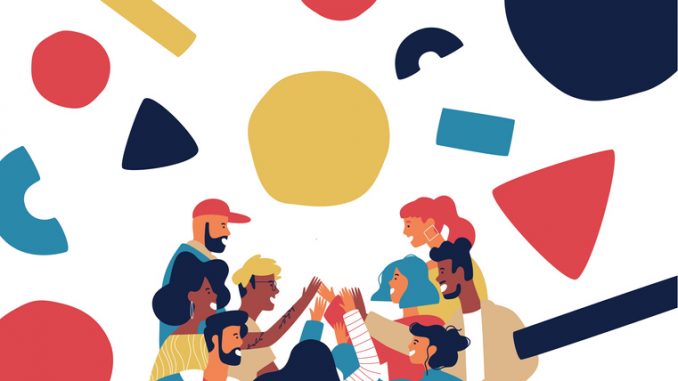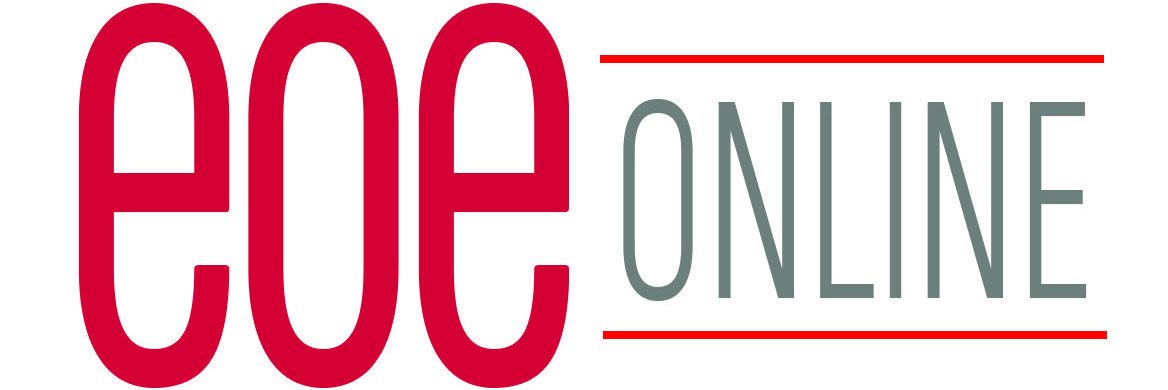
On International Women’s Day March 8, Trucking HR Canada hosted its annual Women with Drive conference. But a panel discussion acknowledged the need to, and benefits of, diversifying in more ways than attracting more women.
A commitment to equity, diversity and inclusion (EDI) will benefit businesses and make them more attractive employers, panelists agreed. Here are five takeaways from the discussion:
Equity vs. equality
The terms equity and equality may be used interchangeably, but they have different meanings in the context of human resources. Laura Muir, chief human resources officer with Polaris Transportation, says while equality refers to fairness and sameness, equity has a deeper meaning.
“Not everyone is from the same socioeconomic backgrounds,” she explained. “You have to give each one of those individuals the tools they need to achieve their goals.”
For example, don’t buy Size 10 safety shoes for every employee, she said. “Equity is finding everyone’s sizes and getting them what they need.”
Why does equity, diversity and inclusion matter?
There are two reasons to embrace equity, diversity and inclusion, according to Zoya Zayler, head of EDI at Amazon Canada. “I bucket it into two areas: the business imperative and the moral imperative,” she explained.
The business benefits of a more diverse workforce include more innovative ideas, which allow companies to “create better solutions” for their customers “and address diverse customer needs” more effectively, she said.
A diverse company can attract talent from a broader pool, including non-traditional sources. Morally, Zayler added, we have an obligation to “use our privilege to create better opportunities for others.”
Added Kavita Singh, human resources manager for Trans4Group: “From both a business and moral standpoint, diversity is critical to any workforce. It should be very much desired.”
To read this article in its entirety at TruckNews.com, click here.
